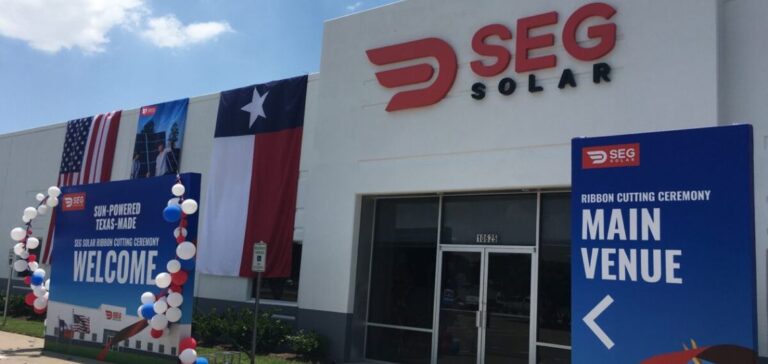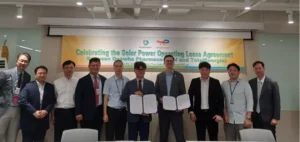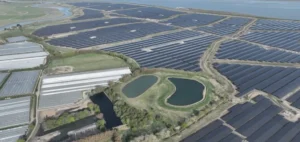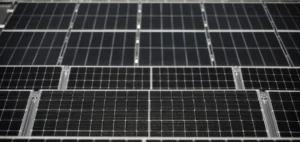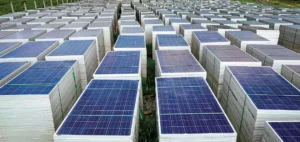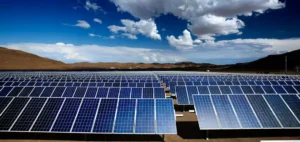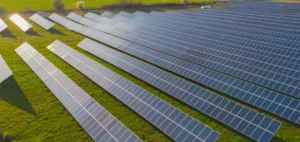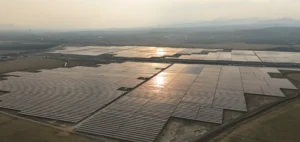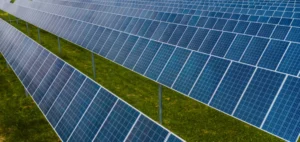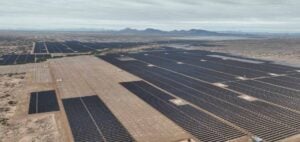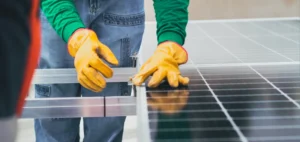SEG Solar has launched a new photovoltaic module manufacturing plant in Houston, Texas, marking a strategic milestone for the US industry.
The $60 million facility specializes in the production of high-efficiency N-type solar modules.
With an annual capacity of 2 GW, the plant places SEG Solar among the first local producers to meet the growing demand for solar energy in the United States.
The new facility covers 250,000 square feet and is equipped with advanced technologies, such as fully automated production lines compatible with 182 mm and 210 mm cells.
This equipment enables precise and efficient production, supported by ERP and MES systems that guarantee optimal materials management and full traceability, thus ensuring the quality of finished products.
Investment in innovation and research
SEG Solar also plans to strengthen its commitment to research and development (R&D) by establishing a global R&D center at the Houston site by the end of 2024.
This center will focus on improving solar module performance, offering a comprehensive range of tests, including LID, PID and Light and LeTID testing.
These initiatives are designed to ensure module reliability and performance in a variety of environmental conditions, meeting the rigorous demands of customers.
SEG Solar’s expansion into production and innovation is part of a broader strategy to strengthen the photovoltaic value chain in the United States.
With plans to reach a global production capacity of 5.5 GW by the end of 2024, the company is counting on robust local manufacturing to support the energy transition and reduce dependence on imports.
The Houston plant plays a central role in this strategy, integrating significant technological advances to deliver competitive products to the US market.
Impact on the US photovoltaic industry
SEG Solar’s opening of the Houston plant comes at a time of strategic reorientation of photovoltaic production in the United States. By investing in local infrastructure, SEG Solar is helping to reduce dependence on imports while strengthening the resilience of the domestic supply chain.
This project aligns with the country’s decarbonization objectives, increasing the production of equipment essential to the energy transition.
The innovations introduced by SEG Solar, including the integration of intelligent and automated manufacturing systems, represent a significant step forward for the U.S. photovoltaic industry. SEG Solar’s commitment to continued investment in local production and technological innovation positions the company as a key player in the energy transition, in response to growing demand for sustainable energy solutions.

